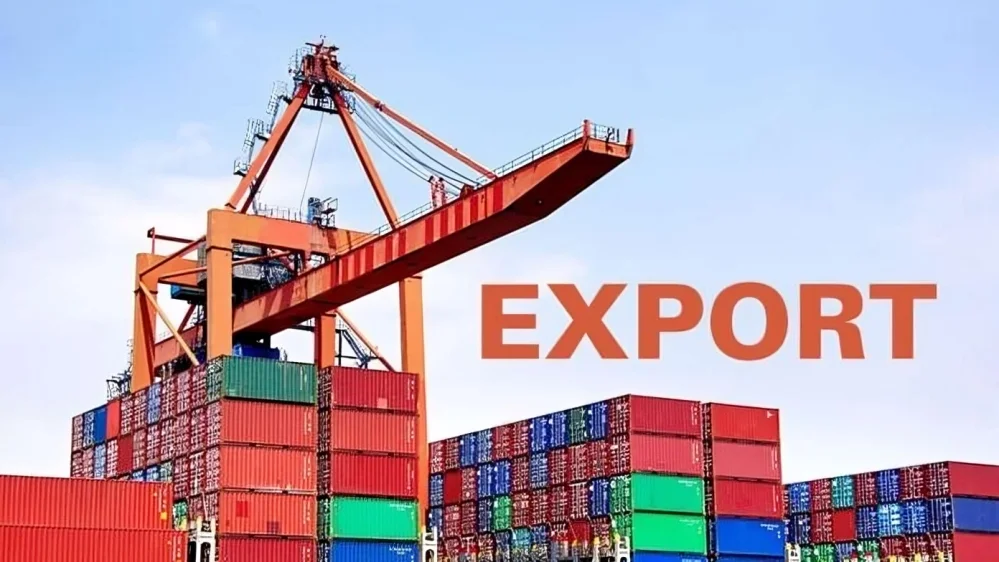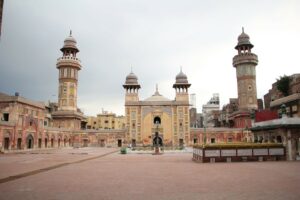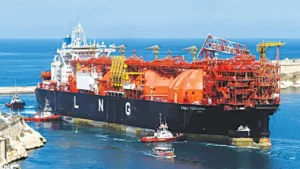Federal Minister for Commerce Jam Kamal informed the Senate that the government has cut tarrif on 300 products to boost exports -a move aimed at fostering industrial growth, lowering consumer costs, and improving export competitiveness.
Responding to a calling attention notice, Kamal explained that the tariff cuts would apply mainly to goods not produced locally, while duties on nearly 900 other products would remain unchanged under the National Tariff Policy. Previously, some tariffs had climbed as high as 40 percent.
The revised structure, he said, is expected to ease access to raw materials for local manufacturers and reduce prices for consumers.
The minister clarified that the tariff rationalization will be phased in, with some reductions effective within the next year and others implemented gradually over two to five years.
He described it as the first structured tariff rationalisation in Pakistan’s trade policy, backed by Prime Minister Shehbaz Sharif and the federal cabinet.
Committee members welcomed the initiative but emphasized the need for monitoring to ensure that the benefits reach industries and end-users instead of being absorbed by middlemen.
Kamal assured the panel that governance reforms are also underway at the Trade Development Authority of Pakistan (TDAP) and the Export Development Fund (EDF). These include technical evaluations of funding requests to ensure transparency and efficiency.
READ MORE: US Cancels August Trade Talks with India Amid Escalating Dispute
Looking ahead, Kamal highlighted that Pakistan is pursuing new trade agreements with the UK, Vietnam, Cambodia, and South Korea. Planned high-level visits to the European Union, Geneva, and Brussels will also aim to expand market access for Pakistani products.
Officials believe the tariff cuts, coupled with trade diplomacy, will help diversify exports, strengthen foreign inflows, and stimulate industrial activity across multiple sectors.









